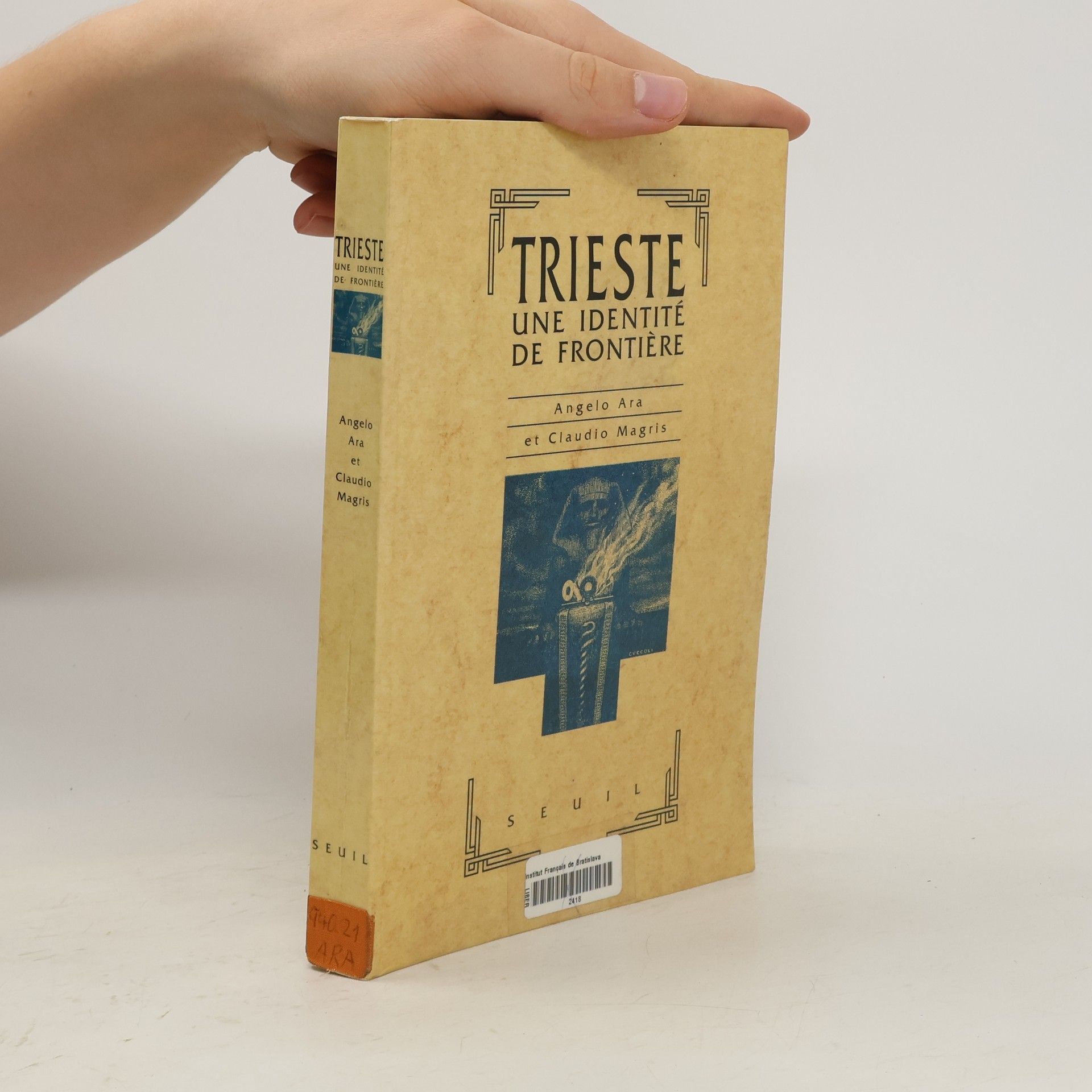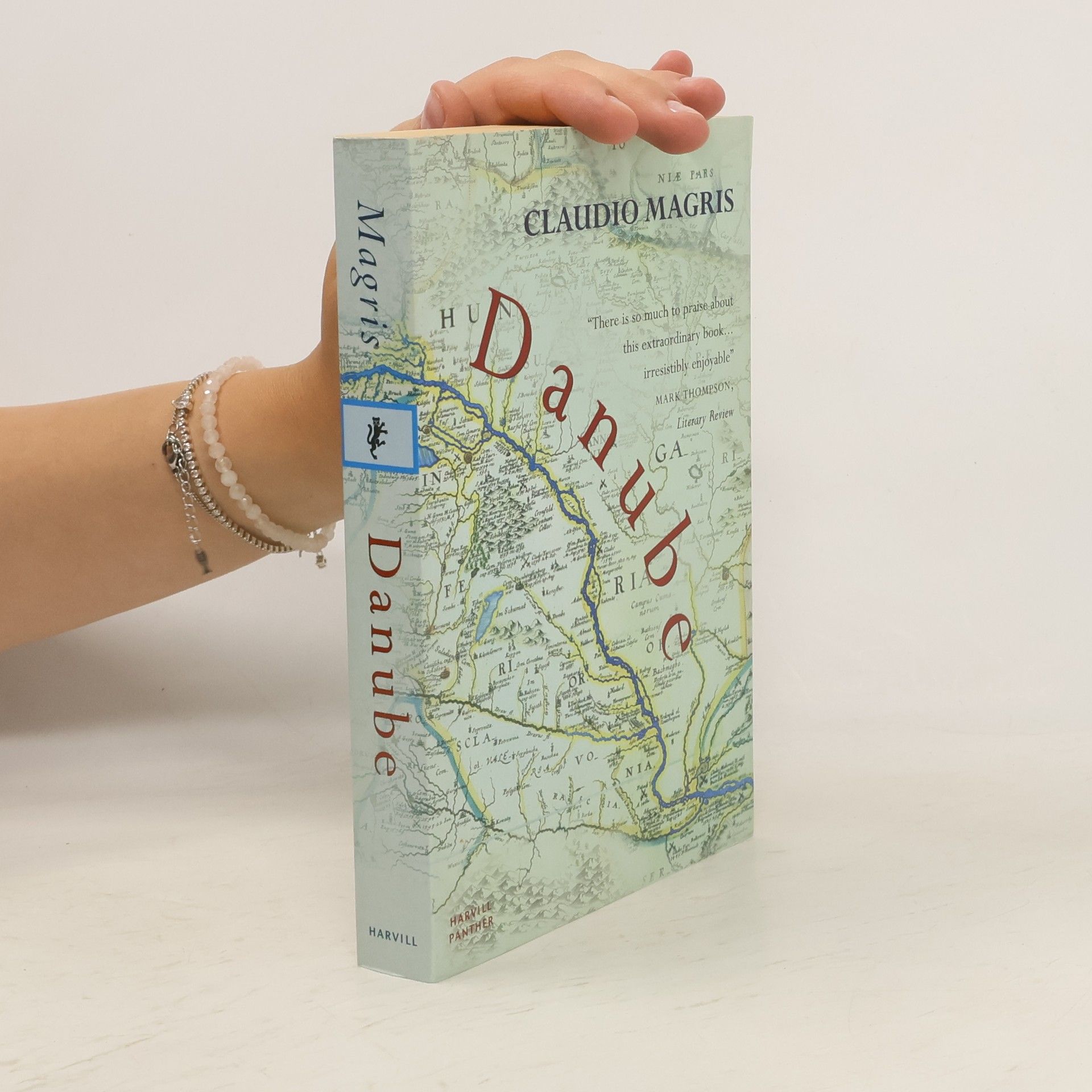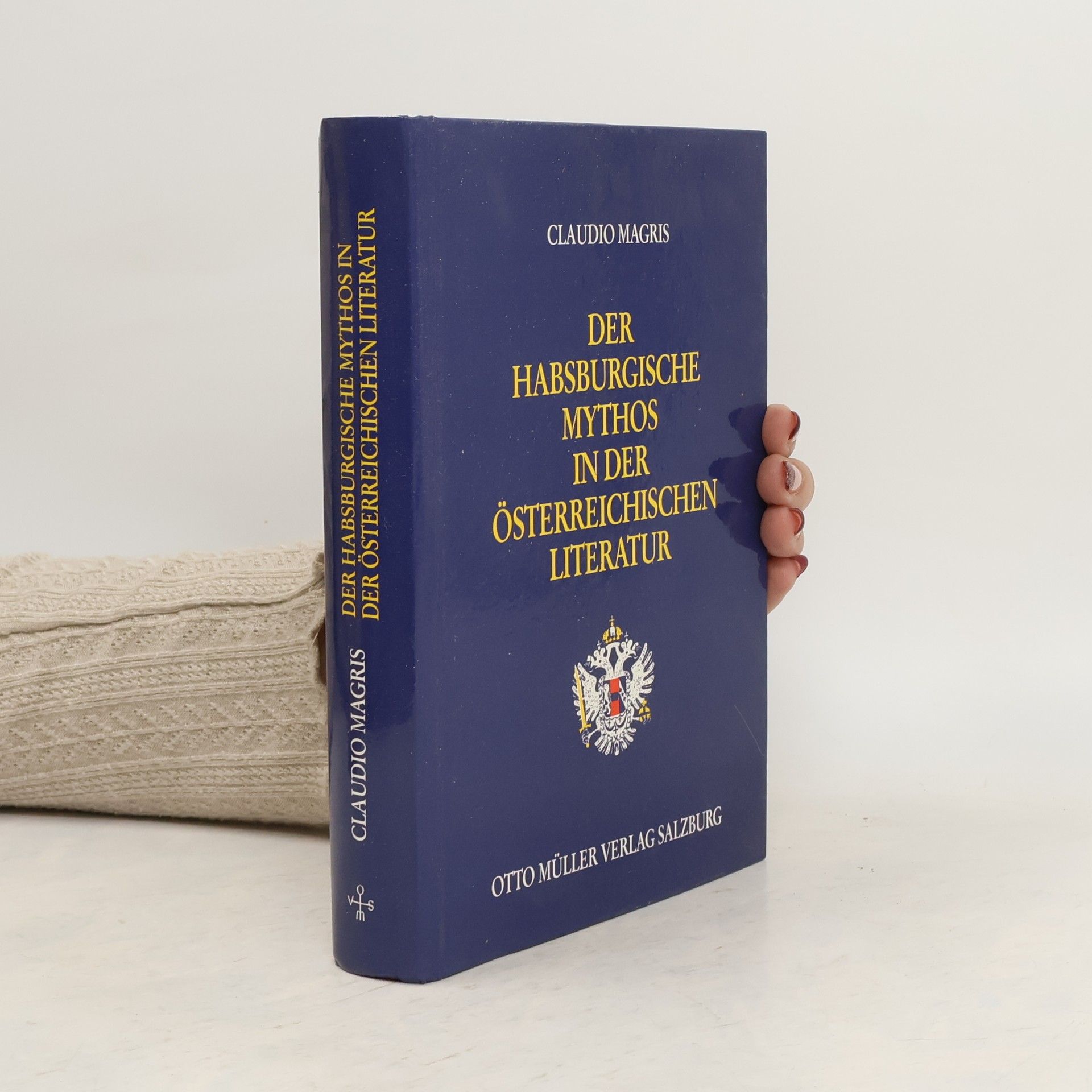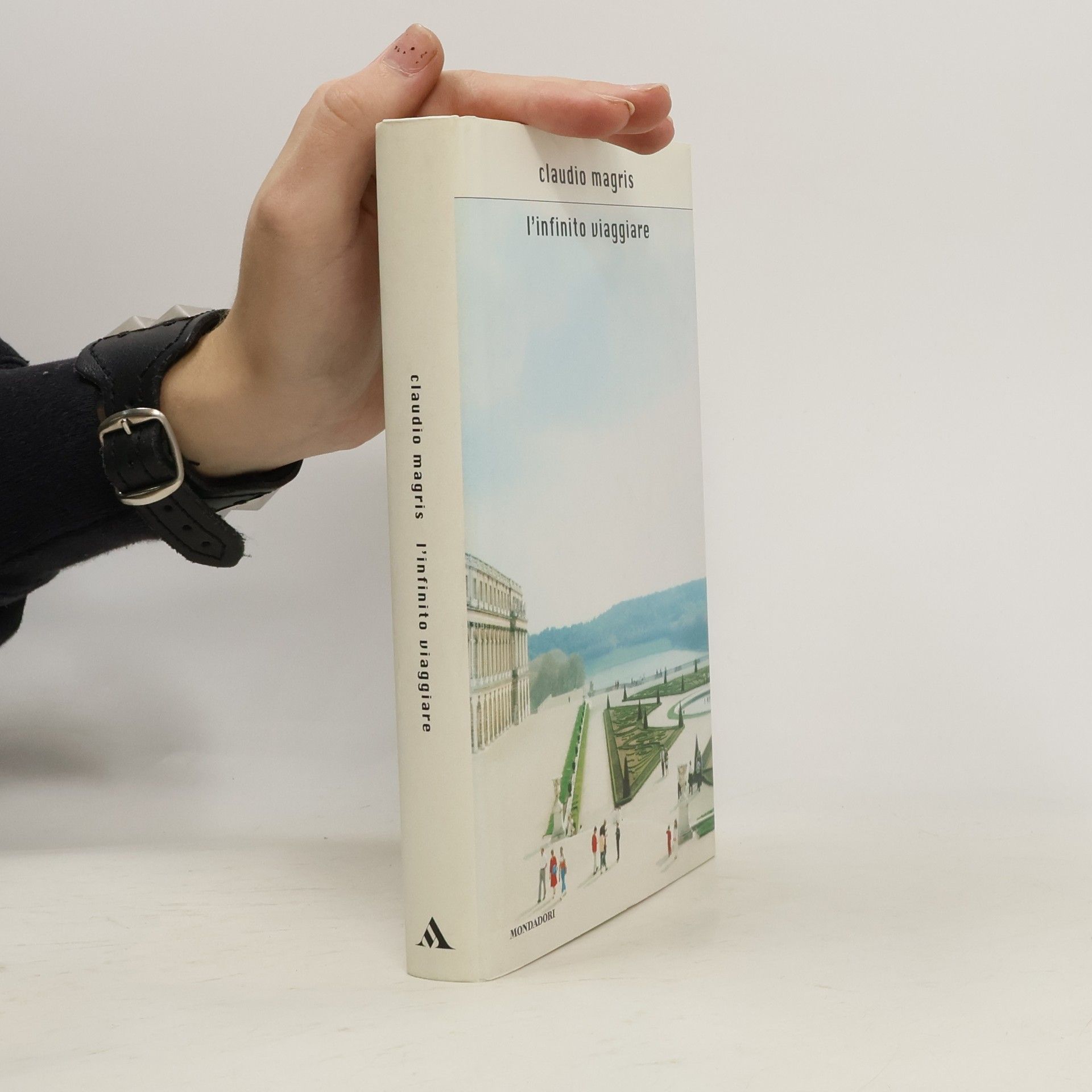Danube
- 416bladzijden
- 15 uur lezen
A triumphant celebration of a river that has forever been at the center of the great movements of history.In this fascinating journey through the history and culture of the Danube, Claudio Magris, whose knowledge is encyclopedic and curiosity limitless, invites the reader to accompany him along the whole course of the river, from the Bavarian hills through Austro-Hungary and the Balkans to the Black Sea. In each town he raises the ghosts that inhabit the houses and monuments: Kafka and Freud; Wittgenstein and Marcus Aurelius; Lukcs, Heidegger, and Cline; Canetti and Ovid. He also encounters a host of more obscure but no less intriguing personalities--philosophers, novelists, diplomats, and patriots--on an odyssey that brings middle-European culture to life in its most picturesque and evocative forms.Danube is among the first of a new list of nonfiction paperbacks published as Harvill Press Editions.









